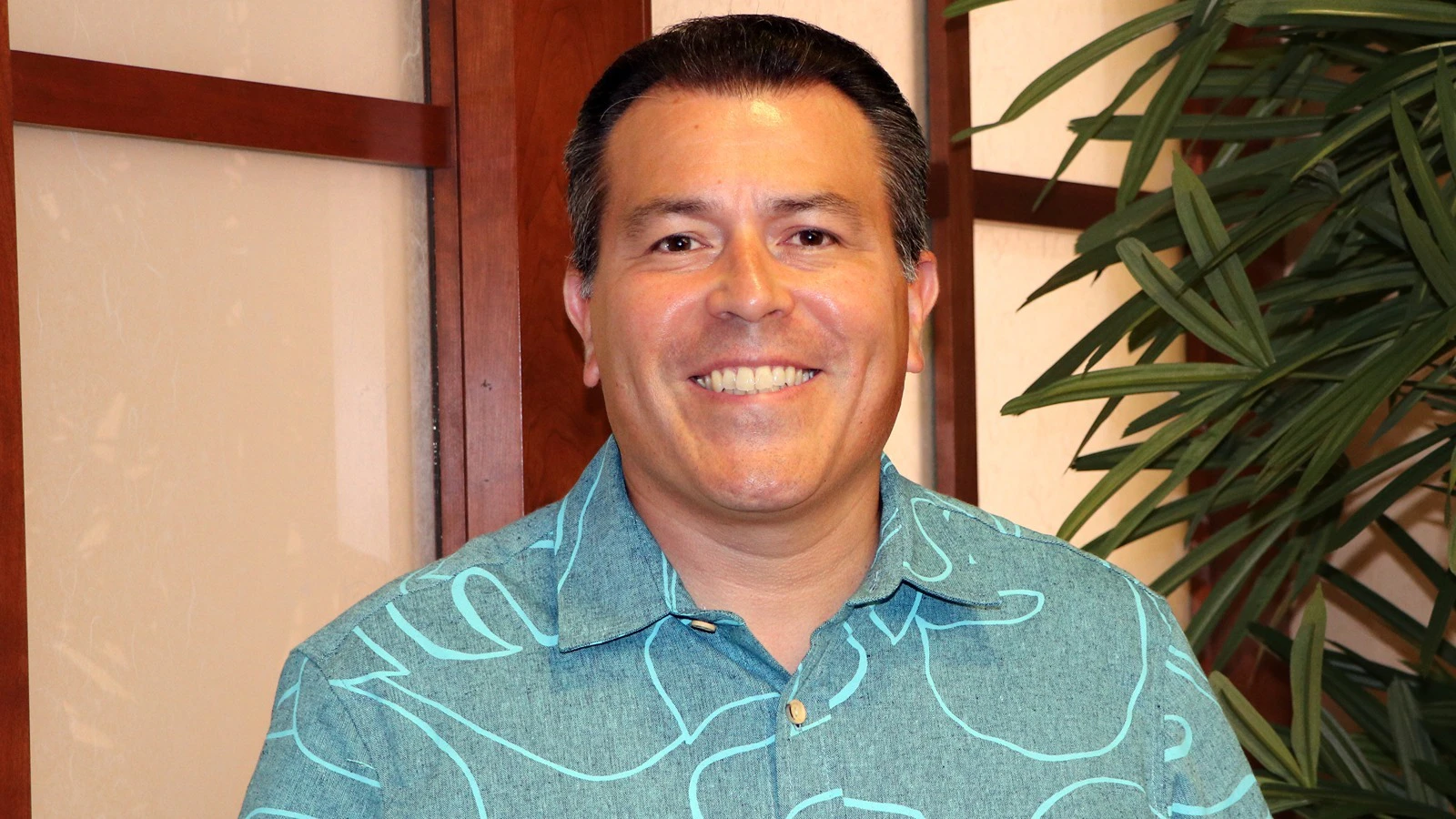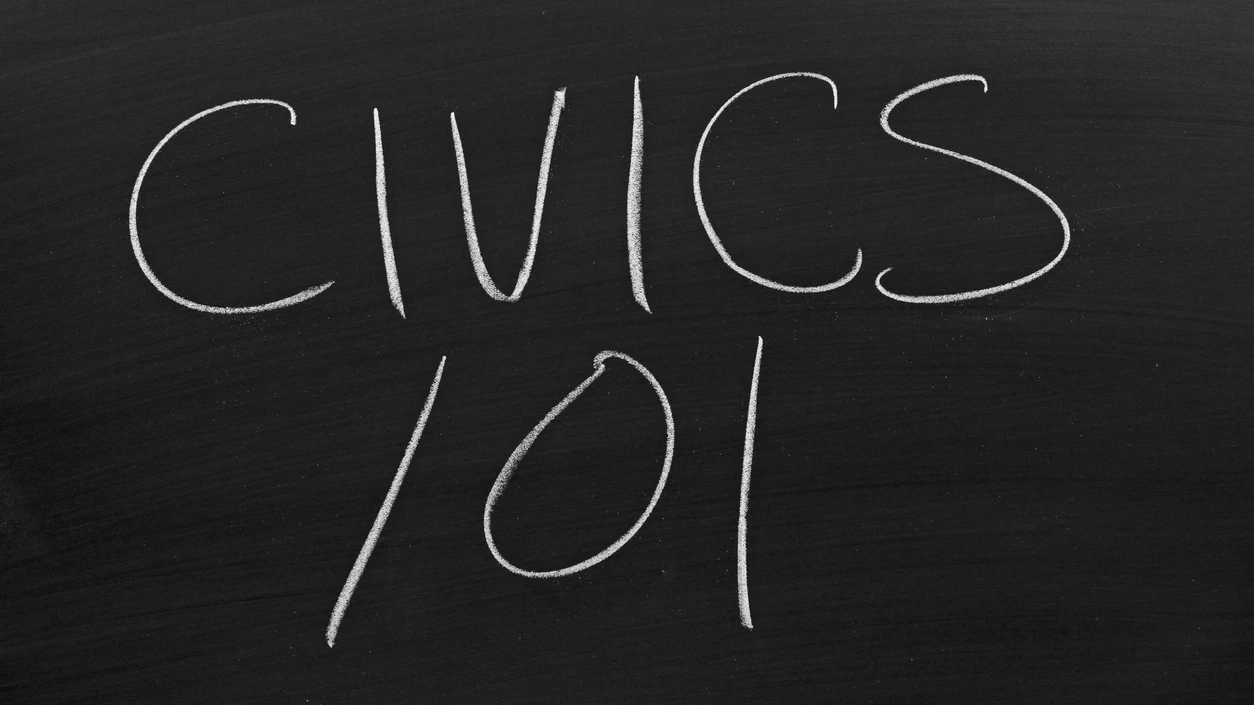Interisland shipping is about to get more expensive after the Hawai‘i Public Utilities Commission approved new customer rates for Young Brothers LLC.
The PUC unanimously approved on Monday a 25.75% rate increase for Young Brothers in an effort to stabilize the freight company’s “deteriorating financial condition.”
Effective Jan. 1, the cost of shipping a container between islands will increase by 20%, unless the container is shipped to or from Hilo, in which case costs will increase by 35%.
Similarly, the cost of shipping a car will increase by 30%, the rate for a pallet of dry cargo will increase by 30% and the rate for refrigerated freight will increase by 40%.
Young Brothers pegs the current average rate to ship a mid-sized car between islands at about $300, but estimated in its proposal for the rate increase that cost will increase by roughly $82-92. Meanwhile, the average cost to ship a 20-foot container between non-Hilo ports is about $700, but will increase by $136.
“These new rates address our most immediate financial solvency risk by better aligning customer rates with the costs to provide and maintain reliable service across every island,” said Young Brothers Interim President Frank Almaraz in a statement Monday.
In exchange, Young Brothers estimates a $26 million increase in revenue, which will help make up for rising costs since the last rate increase more than five years ago.
According to a statement by Young Brothers, the company’s operating costs have increased by 44% since 2020 even as cargo volume has declined by about 14%. In fact, the company has not been profitable since August 2024, and the company anticipates losses in 2025 of more than $24 million.
Even with the rate adjustment, Young Brothers expects to incur a loss of at least $6 million next year.
At the same time, Young Brothers has reinvested more than $120 million into its own infrastructure between 2020 and 2024, including nearly $50 million for two new barges, according to the company.
“[Young Brothers’] financial condition has continued to worsen to the point where it now operates at a net loss, is in arrears with its vendors, and is in a state of default with its lenders,” read a statement by the PUC. That statement added that Young Brothers has repeatedly made requests to the commission for various rate increases, debt financing and other measures to stabilize its condition since 2019.
But despite the PUC’s “serious concerns” about Young Brothers’ financial condition, the commission approved the rate increase in order to avoid disruptions to the state’s interisland shipping. As Young Brothers is the only regulated water carrier for property in the state, interisland shipping cannot function without the company.
Therefore, the PUC announced this latest rate increase alongside an array of measures to monitor Young Brothers’ future operations. For example, the PUC will appoint an overseer to monitor the company’s performance, and will require Young Brothers to provide regular updates on its business plan; the first such business plan update is due by Jan. 31, with further reports due monthly and quarterly.
The company is also prohibited from filing any requests for further rate increases for at least two years, and even after two years, those requests must be backed up by demonstrated improvements to the company’s operations. Young Brothers must also develop a plan to pay outstanding wharfage fees, review its collective bargaining agreements and more.
However, the PUC did not approve a Water Carrier Inflationary Cost Index (WICI), which would allow for smaller, incremental rate changes each year based on inflation. A Young Brothers statement described the WICI as a favorable alternative to abrupt, large rate fluctuations after years without any changes.
“Our customers, businesses, and community organizations have made clear that more predictable adjustments would help them plan for shipping costs,” Almaraz said in a statement. “WICI was designed to modernize the current regulatory framework by ensuring that customer rates keep better pace with the real-world cost of providing service.”
Meanwhile, the PUC, skeptical of the tool, determined that it would have “served to increase rates, offset inefficiencies and mask shortcomings in [Young Brothers’] operations, to the detriment of customers.”
While the new rates take effect in January, they are not additive to a 18.1% temporary rate increase the PUC approved earlier this year. That increase sunsets on Dec. 31.
For the latest news of Hawai‘i, sign up here for our free Daily Edition newsletter.





